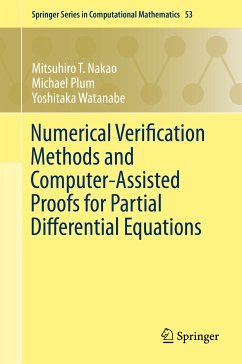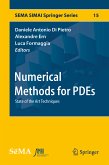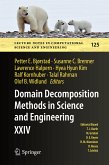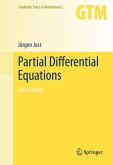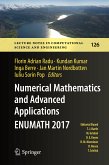In the last decades, various mathematical problems have been solved by computer-assisted proofs, among them the Kepler conjecture, the existence of chaos, the existence of the Lorenz attractor, the famous four-color problem, and more. In many cases, computer-assisted proofs have the remarkable advantage (compared with a "theoretical" proof) of additionally providing accurate quantitative information.
The authors have been working more than a quarter century to establish methods for the verified computation of solutions for partial differential equations, mainly for nonlinear elliptic problems of the form -¿u=f(x,u,¿u) with Dirichlet boundary conditions. Here, by "verified computation" is meant a computer-assisted numerical approach for proving the existence of a solution in a close and explicit neighborhood of an approximate solution. The quantitative information provided by these techniques is also significant from the viewpoint of a posteriori error estimates for approximate solutions of the concerned partial differential equations in a mathematically rigorous sense.
In this monograph, the authors give a detailed description of the verified computations and computer-assisted proofs for partial differential equations that they developed. In Part I, the methods mainly studied by the authors Nakao and Watanabe are presented. These methods are based on a finite dimensional projection and constructive a priori error estimates for finite element approximations of the Poisson equation. In Part II, the computer-assisted approaches via eigenvalue bounds developed by the author Plum are explained in detail. The main task of this method consists of establishing eigenvalue bounds for the linearization of the corresponding nonlinear problem at the computed approximate solution. Some brief remarks on other approaches are also given in Part III. Each method in Parts I and II is accompanied by appropriate numerical examples that confirm the actualusefulness of the authors' methods. Also in some examples practical computer algorithms are supplied so that readers can easily implement the verification programs by themselves.
Dieser Download kann aus rechtlichen Gründen nur mit Rechnungsadresse in A, B, BG, CY, CZ, D, DK, EW, E, FIN, F, GR, HR, H, IRL, I, LT, L, LR, M, NL, PL, P, R, S, SLO, SK ausgeliefert werden.

